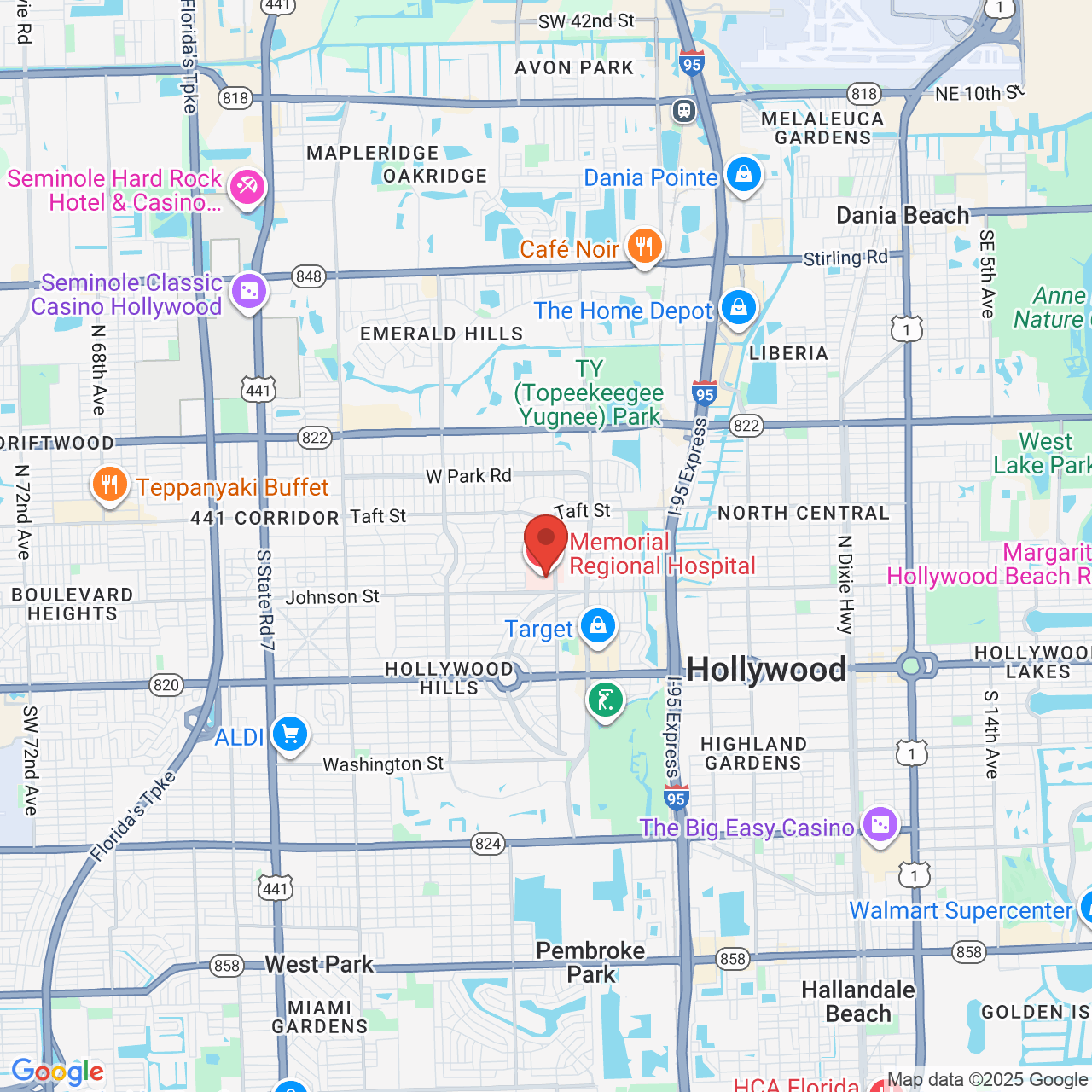Do Not Suffer in Silence. PPD Treatment is Available.
For many, the birth of a child is a joyous time in their lives. But for mothers or fathers who are suffering from postpartum depression, sadness, anxiety, and exhaustion can be overwhelming. It is important to know that these feelings are not your fault and that help is available. Dr. Daniel Bober in Hollywood, FL, may recommend antidepressants to help regulate your mood so that you can care for yourself and your child. As a board-certified specialist, he can provide personalized, compassionate, and effective postpartum depression treatment.
What Is Postpartum Depression?
Postpartum depression (PPD) is often used to describe feelings of depression after childbirth. However, peripartum depression is the more globally recognized term used by the American Psychiatric Association, and includes the onset of symptoms both during and after childbirth[1].
Is It Different from Baby Blues?
PPD shares similar symptoms with "baby blues," however, this condition is longer lasting and can be both emotionally and physically debilitating[1]. While the baby blues are a valid concern that affects up to 70 percent of new mothers, the symptoms usually resolve within two weeks after giving birth.
PPD By the Numbers
Approximately one in seven women experiences PPD[1]. A recent study found that nearly 10 to 15 percent of women are affected by PPD each year[3]. Additionally, 25 to 50 percent of these women experience symptoms for more than six months[3]. In about four percent of cases, fathers can also experience symptoms of PPD[1].
Risk Factors for PPD
While the significant changes in hormone levels[1] during pregnancy contribute to PPD, a variety of biological, social, lifestyle, and psychological factors can make you more likely to develop the condition[4]. These risk factors can include[2]:
- Reservations about the pregnancy
- Addiction to drugs or alcohol
- Medical complications during childbirth
- Lack of support
The pre-existence of other mental health conditions, such as depression or anxiety, can also increase your risk of developing PPD. A recent study concluded that nearly two-thirds of women with the condition also had an anxiety disorder[1].
Symptoms of the Condition
Patients suffering from PPD may experience[4]:
- Mood swings
- Sleep disorders such as insomnia
- Changes in appetite
- Fear of injury
- Exceptional sadness and crying
- Difficulty focusing
- Sense of doubt
- Lack of interest in daily activities
Additionally, you may have thoughts of death, suicide, or harming your baby. While these symptoms are similar to those of other depressive disorders, PPD is distinguished by feelings of guilt about not being able to or having the desire to care for your baby[3].
Immediate Treatment Is Important
These symptoms and feelings of hopelessness can be so severe that they can threaten your life. It has been found that these feelings contribute to approximately 20 percent of maternal deaths after childbirth[4]. In 2016, the U.S. Preventive Services Task Force even added pregnant and postpartum women to their recommendations for depression screening[5]. Seeking treatment can be beneficial to both you and your child[1].
PPD shares similar symptoms with "baby blues," however, this condition is longer lasting and can be both emotionally and physically debilitating.
If you believe you are suffering from PPD, or recognize these symptoms in a loved one, it is essential that you seek help immediately. You can contact our office at (954) 994-1115.
Treatment Methods for PPD
The specific treatment for each patient's PPD depends on their unique circumstances. However, several treatment options have proven helpful in managing PPD symptoms, including[1]:
- Psychotherapy
- Medication
- Lifestyle changes
It is important to consult your doctor before using any medication, especially during pregnancy. Dr. Bober is a board-certified psychiatrist who can safely prescribe and oversee treatment for PPD. He can help you determine whether one or a combination of these methods can help you best manage your symptoms.
Compassionate PPD Treatment
Many patients forgo treatment for PPD because they are ashamed of their symptoms or hope they will resolve on their own. Dr. Bober is an advocate for erasing the stigma of mental health disorders and is passionate about helping patients. Call our office today at (954) 994-1115 to schedule your consultation.
References
- Defining postpartum depression - American Psychiatric Association
- PPD affects up to 80 percent of new mothers - Annals of General Psychiatry
- Percent of women affected by PPD each year - National Institutes of Health
- PPD risk factors - Journal of Education and Health Promotion
- Depression screenings for pregnant and postpartum women - U.S. Preventive Services Task Force



